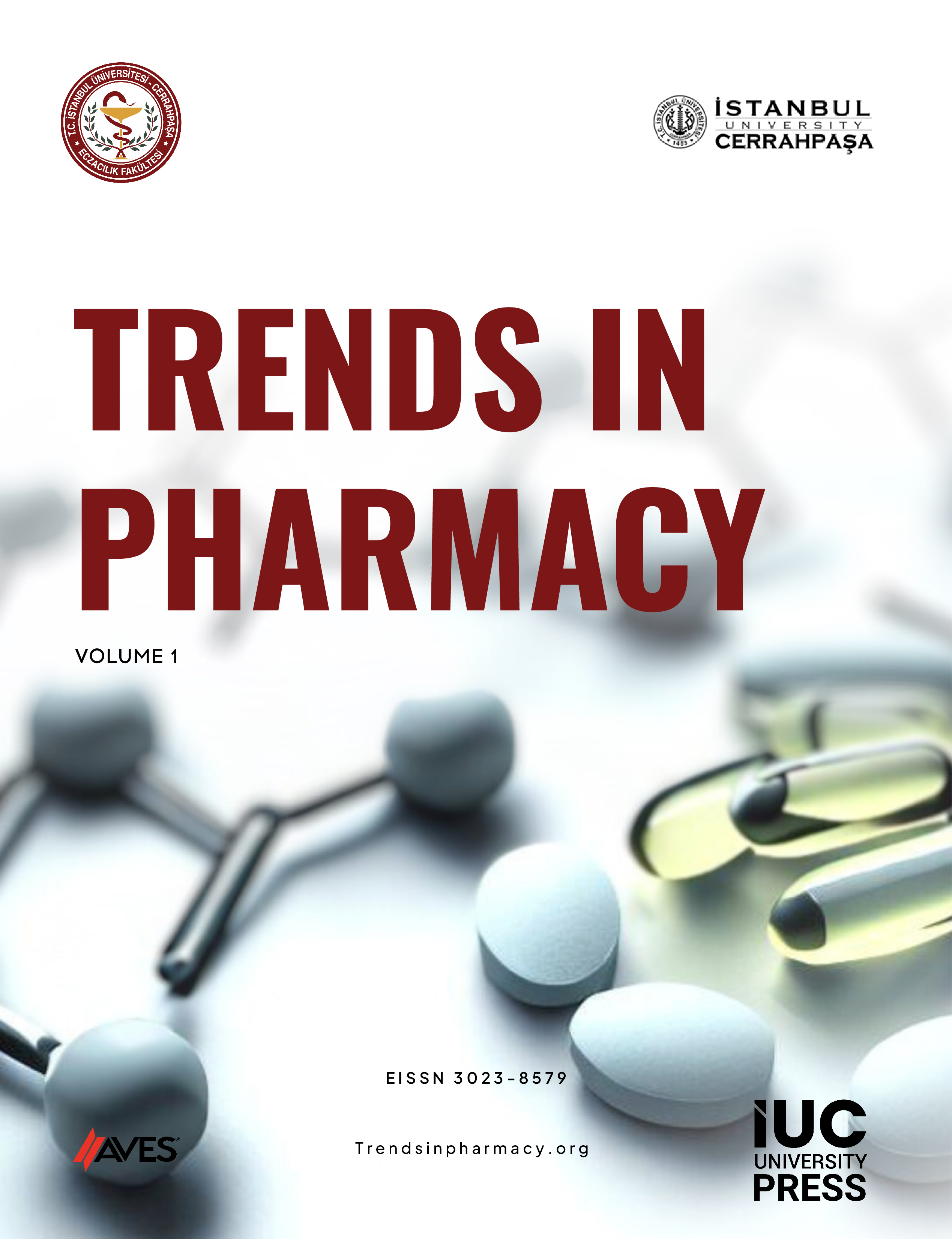Background: Although Anethum graveolens (AG) is known for some biological activities such as antibacterial and antifungal effects, its ethnic use in Türkiye for the successful treatment of thyroid dysfunction diseases, including hyperthyroidism, has recently attracted the attention of scientists in this country. To evaluate the scientific basis of this approach, our group conducted a two-step study.
Methods: Firstly, the effective dose of AG ethanolic extract (AGEE) was determined as 300 mg/kg/day in healthy animals which caused a decrease in TSH levels after 30 days. In the current report as the second step, we studied the effects of a higher dose of AGEE in a hyperthyroidism animal model in a shorter time. AG was purchased from a local market and identified by the Pharmaceutical Botany Department. AGEE was prepared by maceration of dried leaves in ethanol and its composition was determined using LC-HRMS and GC-MS where fumaric acid and 2,4-Di-tert-buthylphenol were found to be the major compounds respectively. The hyperthyroidism model was conducted by adding 200 µg/kg/day L-thyroxine (L-thr) to the drinking water of female Wistar rats for 30 days. Afterward, 500mg/ kg/day of vacuum-dried AGEE re-suspended in drinking water was applied for seven days without quitting L-thr addition (LAG group). Serum TSH, T3, and T4 levels were compared with the control group (C) and the groups which received only AGEE (AG) and L-thr (L).
Results: T3 level increased in L was decreased in LAG, the opposite was true for TSH. No difference in T4 levels was observed.
Conclusion: AGEE could be used as a potential selective inhibitor of T3.
Cite this article as: Aksu AD, Bahadori F, Elmas F, et al. Effects of ethanolic extract of Anethum graveolens on T3, T4, and TSH levels in rat model of L-thyroxine induced hyperthyroidism. Trends Pharm. 2024, 1, 10, doi: 10.5152/TrendsPharm.2024.23010



